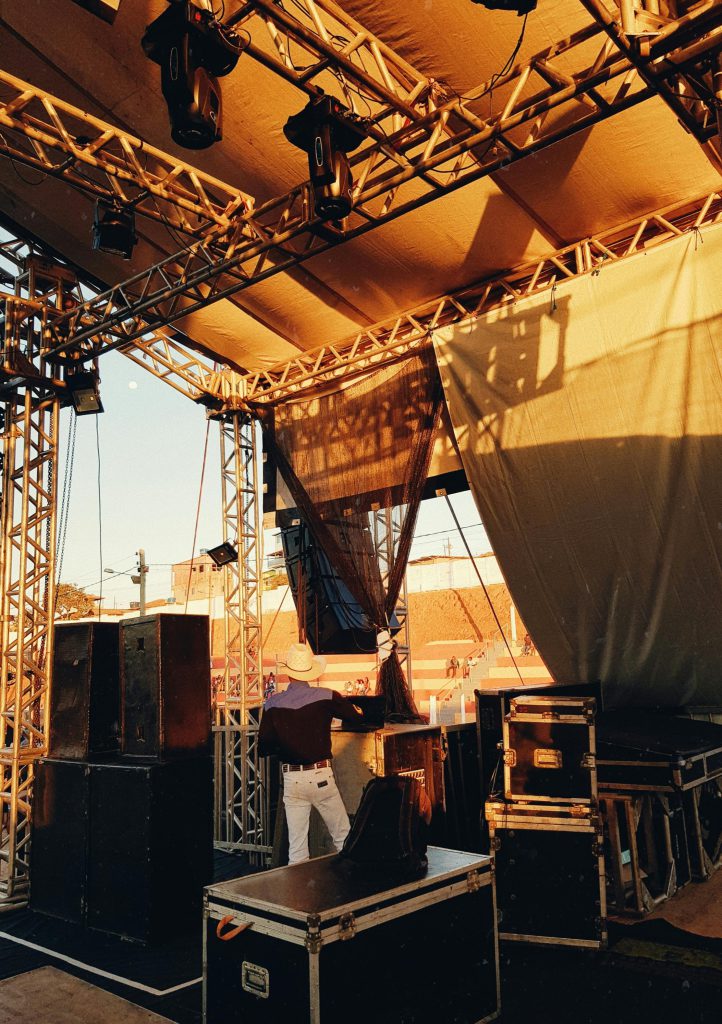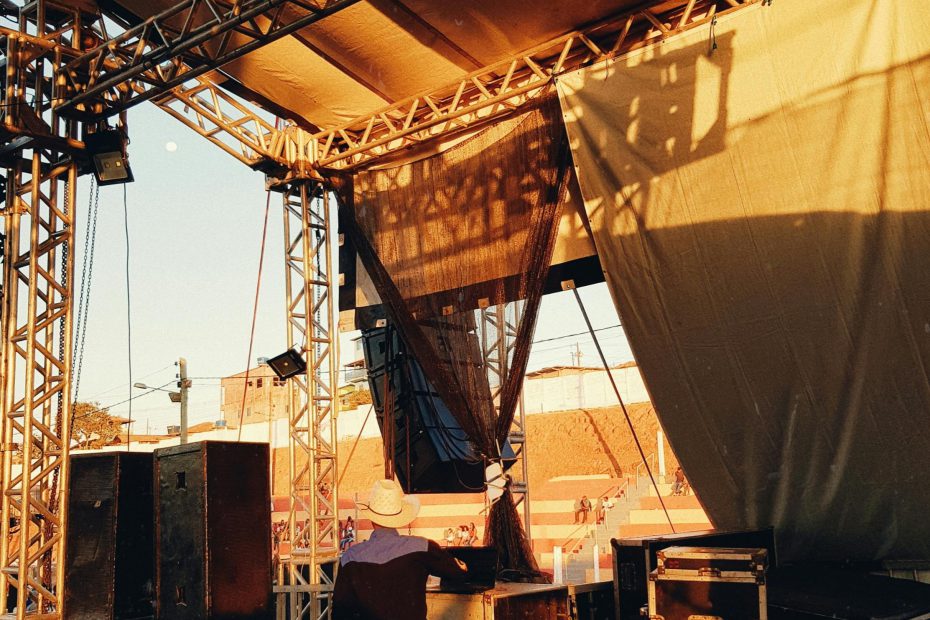Whether you’re designing a DIY preamp, upgrading studio monitors, or restoring vintage gear, the type of capacitor you use can significantly affect sound quality. In the context of a PA system, the selection of capacitors becomes even more crucial, as audio fidelity, stability, and noise performance are key to maintaining professional-level output across all components. Capacitors in signal paths, power supplies, and crossover networks can make or break your PA system‘s performance, especially under high-load conditions.
This article explores which capacitors are best for audio, focusing on material types, electrical characteristics, and real-world use cases within various PA system designs.

The Role of Capacitors in a PA System
Capacitor Functions and Their Importance in a PA System
Signal Path Coupling and Decoupling
In most PA system circuitry, capacitors are used to block DC voltage while allowing AC (audio signal) to pass. The type and quality of the capacitor affect whether any coloration or phase shift is introduced into the signal.
Power Supply Filtering
Electrolytic capacitors are heavily used for smoothing rectified AC into stable DC voltage for powering op-amps, DSPs, and amplifiers in a PA system. Poor-quality or aged capacitors here can cause hum, sag, or dropouts.
Passive Crossovers
Capacitors determine crossover frequencies in passive speaker networks. In a PA system, this directly affects frequency separation between subs, mids, and tweeters.
Types of Capacitors Used in Audio Equipment
Understanding Capacitor Materials in PA System Applications
Electrolytic Capacitors
Use: Power supply filtering, bulk decoupling
Pros: High capacitance, low cost
Cons: Limited lifespan, ESR-dependent performance
In PA Systems: Used in amplifier rails, phantom power, and input protection.
Film Capacitors
Use: Signal coupling, crossovers
Pros: Low ESR, stable over temperature, excellent sound transparency
Cons: Larger in size, more expensive
In PA Systems: Preferred in preamp output stages, tone controls, and speaker crossovers.
Ceramic Capacitors
Use: Bypass, RF filtering
Pros: Compact, low cost
Cons: Microphonic tendencies, voltage coefficient
In PA Systems: Often used for decoupling op-amps and filtering high-frequency noise.
Tantalum Capacitors
Use: Space-constrained audio electronics
Pros: Stable capacitance, small size
Cons: Failure-prone if reverse-biased
In PA Systems: Occasionally used in DSP modules and digital audio paths.
How Capacitor Selection Affects Sound Quality in a PA System
Sonic Characteristics of Capacitors in a PA System
ESR and Equivalent Series Inductance
Low-ESR capacitors improve transient response in both signal and power paths. In crossovers of a PA system, high ESR capacitors can soften dynamics and muddy the separation between frequency bands.
Dielectric Absorption and Nonlinearity
Film capacitors with polypropylene or polyester dielectrics exhibit minimal nonlinearity, making them ideal for high-fidelity PA system applications where transparency is essential.
Aging and Degradation
Electrolytic capacitors tend to dry out and degrade, affecting gain structure and power delivery in long-term PA system use. Always check for bulging or ESR drift in older systems.
Capacitor Brands Trusted in Professional PA System Builds
Reputable Capacitor Brands for PA System Audio Quality
Nichicon
Highly regarded for both signal and power filtering applications. Their “Audio Grade” line is ideal for preamps, mixers, and amplifiers in a PA system.
WIMA
Film capacitors by WIMA are a gold standard in crossovers and high-end audio signal paths. Excellent for audiophile-grade PA system designs or mastering gear.
Panasonic
Reliable and cost-effective for power supply bypass and rail filtering. Widely used in commercial PA system installations.
Elna and Rubycon
Often seen in high-end or vintage restoration work. These brands offer a signature sonic character that appeals to certain PA system tunings.
Matching Capacitance and Voltage in PA System Circuits
Electrical Specs That Matter in a PA System Context
Capacitance Rating
Always match or slightly exceed the original circuit’s spec. In tone circuits or EQ sections of a PA system, too much deviation alters frequency response curves.
Voltage Rating
Go at least 25% above your expected peak voltage. For example, a 35V cap for a 24V rail is safe. Under-rated caps in power sections of a PA system can cause catastrophic failures.
Temperature and Ripple Tolerance
Live or outdoor PA system components should use 105°C-rated capacitors with high ripple tolerance for long-term reliability.
When to Replace Capacitors in an Aging PA System
Maintenance and Upgrade Tips for PA System Longevity
Signs of Capacitor Failure
Audible hum or buzz
Volume instability
Hot amp chassis
Speaker distortion
Any of these in a PA system usually points to dried-out electrolytic caps.
Testing Tools
ESR meter
LCR bridge
Oscilloscope for ripple
These tools are essential for diagnosing capacitor-related failures in any PA system environment.
Recapping Strategy
If your PA system gear is over 10 years old and used regularly, consider replacing all major power supply and coupling capacitors with modern equivalents—especially in mission-critical applications like live shows or broadcasts.
DIY vs Pre-Made Capacitor Kits for PA System Enthusiasts
Modding and Restoring a PA System with Capacitor Upgrades
Boutique vs OEM
Boutique capacitors may offer slightly warmer or more detailed sound, but they’re not always worth the price unless you’re chasing very specific PA system character or restoring vintage audio gear.
Capacitor Kits
Brands like Jantzen and Mundorf offer crossover kits specifically designed for PA loudspeakers. These kits streamline upgrades and ensure frequency alignment remains intact.
Capacitor Choice Matters in a PA System
Capacitors are small, but their impact on your PA system is anything but. From power filtering to signal coupling and speaker crossovers, choosing the right capacitor type, rating, and brand can enhance clarity, reliability, and tone.
Whether you’re a DIYer upgrading a home studio rack or an installer wiring a stadium PA system, understanding capacitors helps you build with confidence, clarity, and sonic accuracy. Never underestimate their role—they just might be the unsung heroes of your entire PA system.
